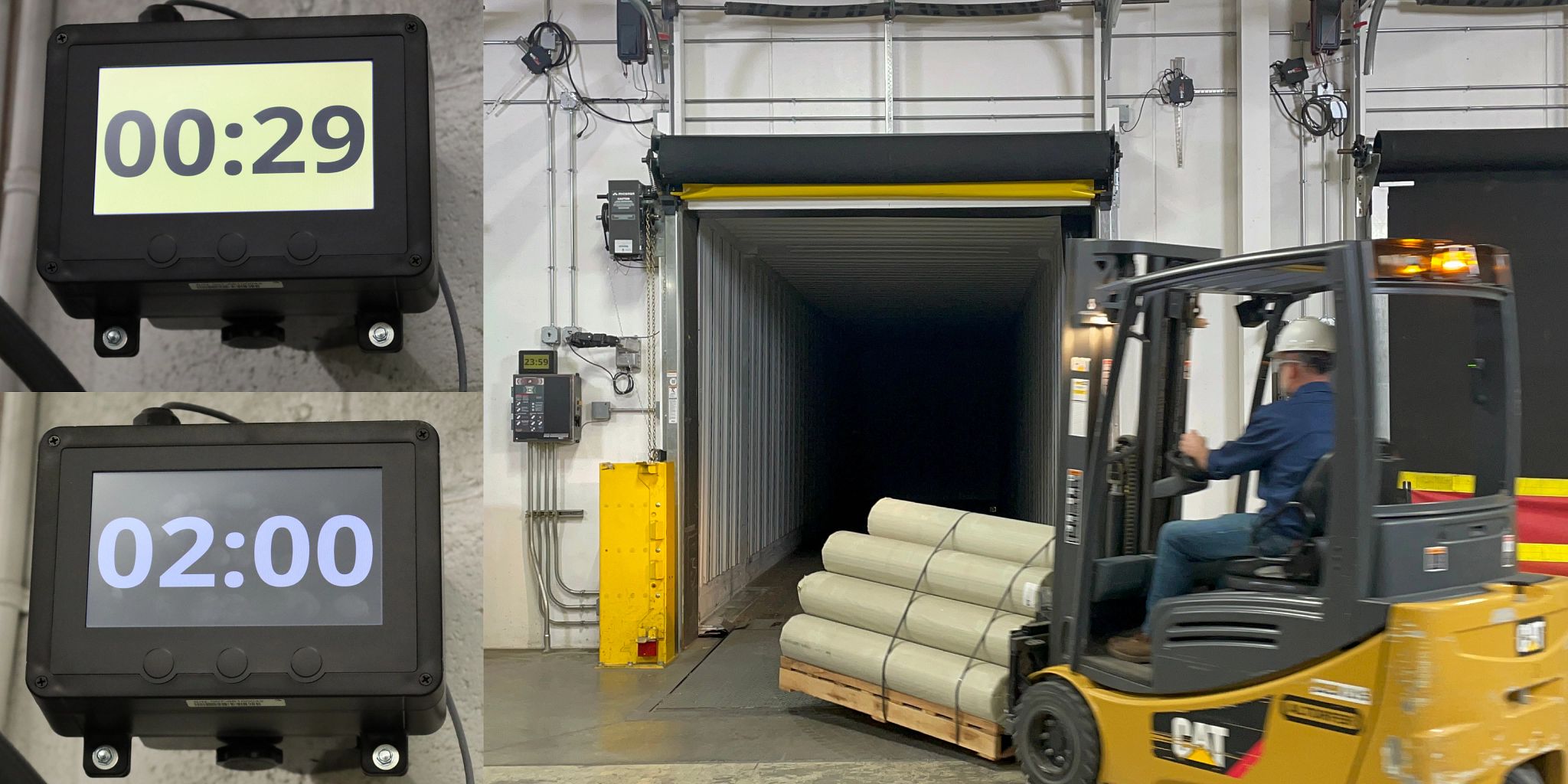The British International Freight Association (BIFA) is supporting this week’s National Careers Week 2022 with a series of events aimed at demonstrating its commitment to promoting careers in logistics.
National Careers Week 2022 runs from 7th to 12 March and is a celebration of careers guidance and free resources in education across the UK.
The aim is to provide a focus for careers guidance activity at an important stage in the academic calendar to help support young people leaving education.
With youth unemployment remaining high and BIFA members concerned about the shortage of certain industry skills, there has never been a bigger need for careers guidance to be promoted.
Throughout the week, BIFA will undertake a number of events, supported by a range of resources on its social media pages to encourage members to expand their own learning; showcasing the range of training courses available from BIFA’s Training team.
For BIFA, the week will commence with an online seminar entitled ’10 Reasons To Consider A Career In Logistics’ at 13.00 GMT/14.00 CET on 7th March.
In it, BIFA executive director, Carl Hobbis, who is responsible for all elements of BIFA’s Freight and Customs training, will be joined by Kyle Lawrence, chair of the London East region of BIFA’s Young Forwarder Network (YFN) – a networking group set-up for young people or those new to the industry – and finalist in 2018 for Apprentice of the Year in the BIFA Freight Service awards.
In this interactive session, using Kahoot, Carl will provide guidance to those considering a career in logistics, whilst Kyle will deliver the perspective of young people within the YFN about what they think of the industry since joining it.
Thursday 10th March at 15.30 GMT/16.30 CET will see BIFA’s latest Young Forwarder Network event taking place with guest speaker Sam Greenhalgh, vice president of sales Europe at Zencargo and host of industry podcast ‘What’s In The Box?’.
Sam’s career in the shipping industry started at the age of 16, when he joined a leading service provider on an apprenticeship scheme. Since then, he’s been on an incredible journey working in various roles. He is passionate about the freight and logistics business, and his podcast brings together industry leaders to discuss the hot topics and trends in logistics.
BIFA hopes that Sam’s story will inspire and empower young forwarders to consider their next steps in the industry.
The trade association’s events will culminate with a free one-hour online event on Friday 11th March at 14.:00 GMT/15.00 CET during which James Billingham, a director of the Skills Office Network, will provide a comprehensive overview of how BIFA members can upskill their existing workforce by using apprenticeships and will show how they can help to resolve their ongoing skills shortages.
Billingham has over 20 years of experience in logistics skills and training. He worked closely with BIFA, and a group of freight forwarding companies, during the development of the International Freight Forwarding Specialist apprenticeship, and advises employers and training providers on all matters concerning apprenticeships.
Hobbis says: “National Careers Week 2022 is the perfect platform to advise and inspire the next generation as they enter the world of work. The week encourages education providers to bring together students, local employers and advisers through careers events and activities.”
In addition to inspiring school/college leavers, BIFA believes that this week will also be a great opportunity for those already in logistics to focus on the next step in their careers.
“We are urging BIFA Members to sign up, join up and promote the logistics industry as a career of choice within their local communities.
“In essence every week is National Careers Week for BIFA, and we remain committed to promoting logistics as an industry of choice for the next generation, plus supporting our members in achieving their own career ambitions.”











